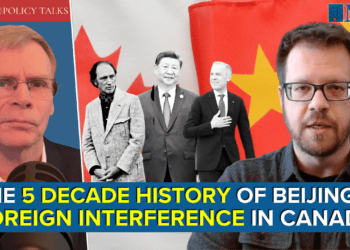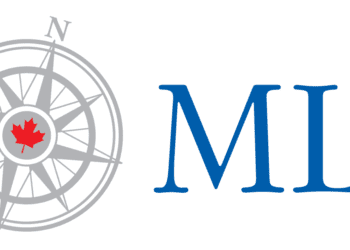This article originally appeared in the Financial Post.
By Aaron Wudrick, October 31, 2023
At their recent national convention in Hamilton, Ont., NDP delegates passed a resolution directing the party to end its confidence-and-supply agreement with the Trudeau government if it fails to commit to a “universal, comprehensive and entirely public pharmacare program.”
While tough talk from the NDP is nothing new — they harangue the government as often as they vote to prop it up — the party’s decision to make pharmacare its red line in the sand suggests it is going all-in on the issue.
This is an odd choice. Few people oppose the idea of universality and comprehensiveness but the NDP’s insistence on an “entirely public” system should set off alarm bells for most Canadians. Fully nationalizing pharmacare would be an ineffective, expensive and unwieldy response to a challenge that could be addressed more effectively, affordably and quickly with a targeted approach.
Start first with the cost. Implementing a national pharmacare program would, to put it mildly, blow a massive hole in the federal budget at exactly the wrong time. The Parliamentary Budget Officer estimates the annual cost of a universal pharmacare program at approximately $28.5 billion. Federal and provincial governments that are already overstretched simply do not have the money to take on such a costly initiative.
Consider as well that this “total overhaul” approach would require wiping out the status quo on drug coverage, a combination of public and private plans that currently serves 70 to 80 per cent of the population. A 2015 survey showed that for those who are already covered, fully 79 per cent are satisfied with their current plan, with only seven per cent dissatisfied. Compelling these Canadians to switch to an inferior government plan will leave them objectively worse off: the coverage of a national government plan is all but certain to fall short of existing private coverage. Choice and competition, which abundant evidence shows invariably lead to higher customer satisfaction, should not be thrown aside.
As a practical matter, it is strange to approach a problem that is essentially 70 to 80 per cent solved and insist the best thing to do is start over from scratch. It makes much more sense to focus on filling gaps for Canadians who are under- or un-insured. Doing so would be more cost-efficient and would ensure resources go where they are most needed.
An important risk in any fully government-controlled pharmacare program is the potential for price controls, which could diminish drug availability in Canada. Many Canadians already face drug shortages. Capping drug prices, as a national pharmacare monopoly almost certainly would try to do, could lead pharmaceutical companies to reduce their presence in the Canadian market, further exacerbating these shortages and possibly delaying the rollout of new medications in Canada. Striking a balance between affordability and maintaining a steady supply of medications is vital.
As much as it would pain the NDP to admit it, pharmaceuticals are a for-profit industry and market incentives will inevitably play a large role in ensuring a stable drug supply for Canadian consumers. The profit incentive encourages drug companies to invest in research and development, which lead to the creation of new and innovative drugs. A government-controlled program imposing strict price controls would discourage companies from setting up shop and supplying drugs in Canada, potentially harming patients who rely on newer and more cutting-edge medications.
Wanting to enhance access to essential medications is commendable but the implementation of an NDP-style national pharmacare program comes with significant risks and is not the best way to address existing challenges. The Liberals would do well to stay out of the NDP’s rigid ideological box and carefully consider the real-world trade-offs involved in such an approach — whatever that may mean for the current “confidence-and-supply” deal.
Aaron Wudrick is director of domestic policy at the Macdonald-Laurier Institute.






